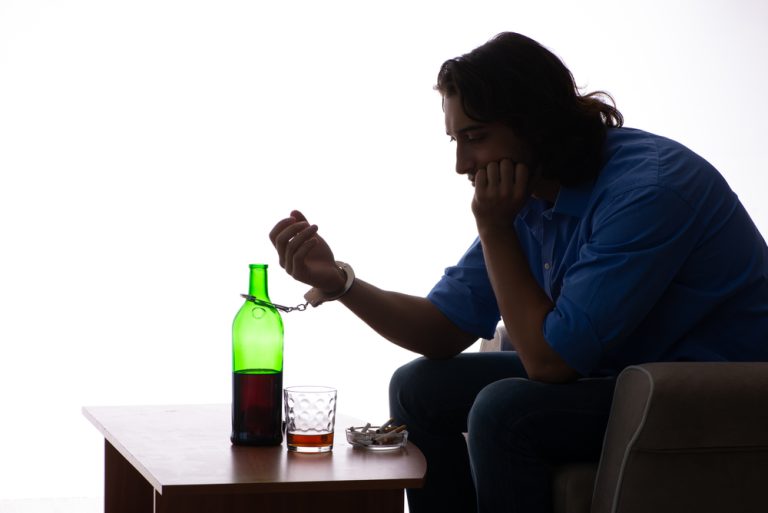The helpline at AddictionResource.net is available 24/7 to discuss the treatment needs of yourself or a loved one. This helpline is answered by Ark Behavioral Health, an addiction treatment provider with treatment facilities in Massachusetts and Ohio. Addiction Resource aims to provide only the most current, accurate information in regards to addiction and addiction treatment, which means we only reference the most credible sources available. It is possible to engage with people near you who are also going through the recovery process. Having people to relate to and share your story with can make all the difference. Rather than try to address each individual one, a helpful strategy may be to develop healthy ways of dealing with stress in general.
Groups like Alcoholics Anonymous, Narcotics Anonymous, and SMART Recovery provide invaluable help, resources, and substance abuse group activities. They also offer a safe space for group members to talk about their struggles and learn to cope without substances. Surround yourself with a strong support system of friends, family, and sober acquaintances.
Qualities to Look For in a Substance Abuse Counselor in New Jersey
A journal provides a safe space where you can be open and honest without fear of judgment or criticism. This can be a valuable practice on days when nothing seems to be going right. Besides signing up for recovery programs, keeping track of your progress is also integral to maintaining sobriety.
Relapse prevention is one of the main goals of drug or alcohol treatment programs. When you become addicted to a substance, your brain functions change, making it challenging to overcome your condition. A trigger is something that causes you to start using again. Because everyday life contains many triggers, relapse is common among people trying to get over their disorder. Gatehouse Treatment would like to help you overcome your relapse triggers.
How Spending Time Outdoors Can Benefit Your Recovery
One strategy is to shift thinking immediately as a craving arises. Another is to carefully plan days so that they are filled with healthy, absorbing activities that give little time for rumination to types of relapse triggers run wild. Exercise, listening to music, getting sufficient rest—all can have a role in taking the focus off cravings. And all strategies boil down to getting comfortable with being uncomfortable.

Alcohol slows down brain function and changes the way your nerves send messages back and forth. When it comes to prescription medications, interactions between certain pharmaceuticals can be harmful. Opioid addiction is a serious problem in the United States, with 80,411 opioid-related deaths occurring in 2021.[1] https://ecosoberhouse.com/ While you have…. Opioid addiction has surpassed epidemic levels in the United States, and the number of opioid-related overdose deaths increases each year….. According to The American Society of Addiction Medicine, “Addiction is a treatable, chronic medical disease involving complex interactions among brain….
The ECHO Recovery Community Helps You Cope with Triggers
Both types of triggers present unique challenges that can derail a recovery process. Understanding how these triggers affect you is vital to avoid potential relapse. If a person is in therapy during emotional relapse, the focus of therapy may pivot towards reinforcing the importance of self-care. Learning various acronyms can help a person identify when they need to improve their self-care, such as HALT (Hungry, Angry, Lonely, Tired).

By remaining vigilant and dedicated to your sobriety, you can reduce the risk of falling back into old patterns and maintain your hard-earned progress. These changes can cause stress, anxiety, and uncertainty, which can lead to cravings and make it harder for individuals to cope with their addiction. Keep in mind that while these are popular coping mechanisms, they might not work for everyone. Take the time to figure out what works best for you as part of your personal recovery journey. It helps to compare addiction relapse to relapse in other chronic conditions.